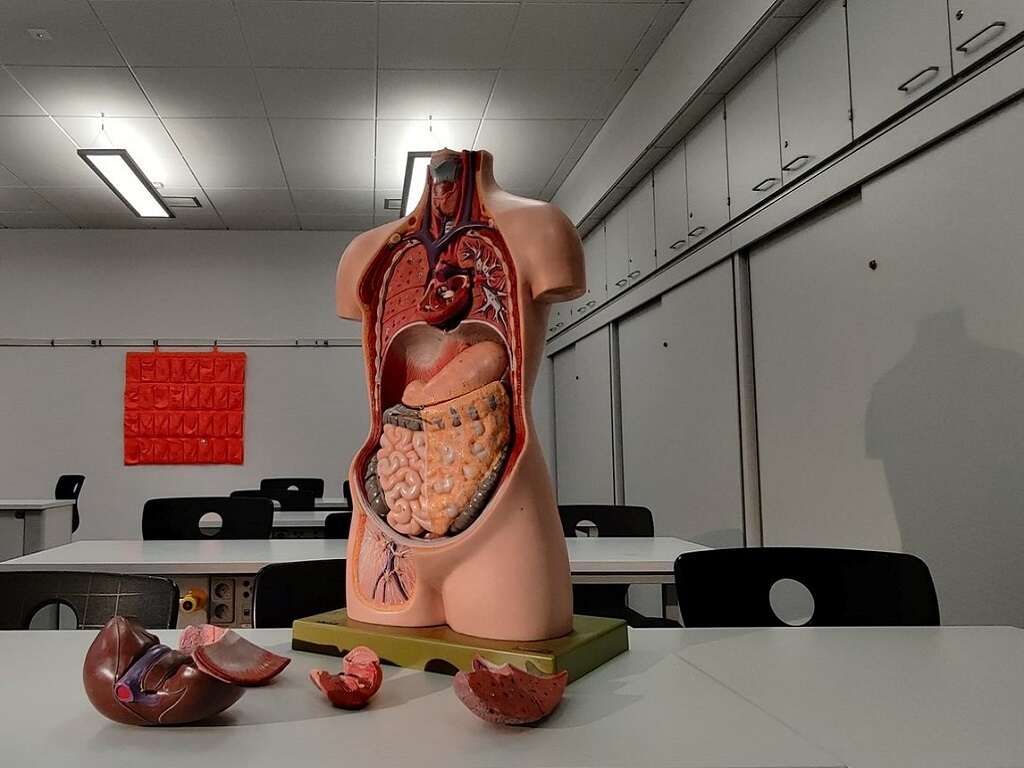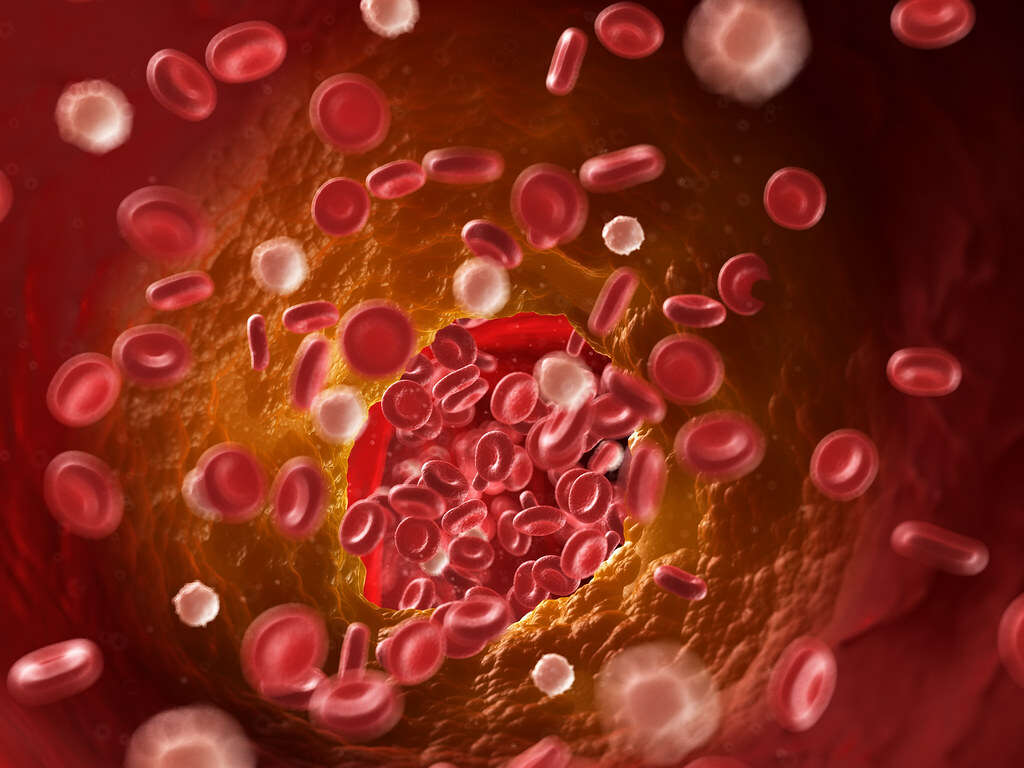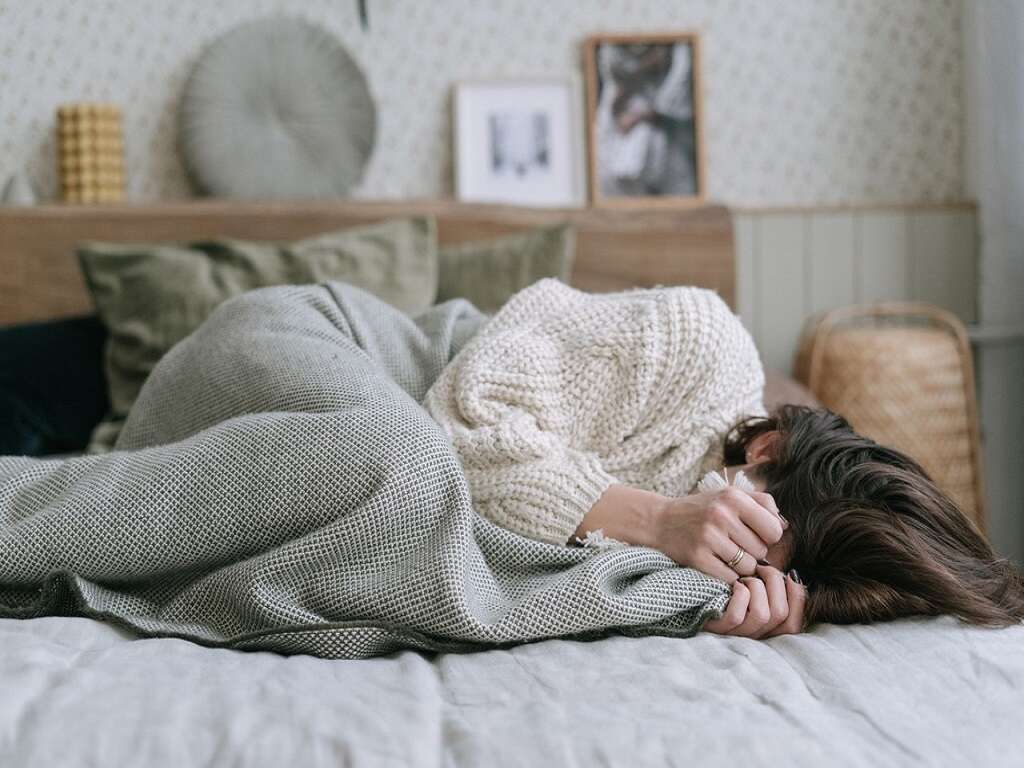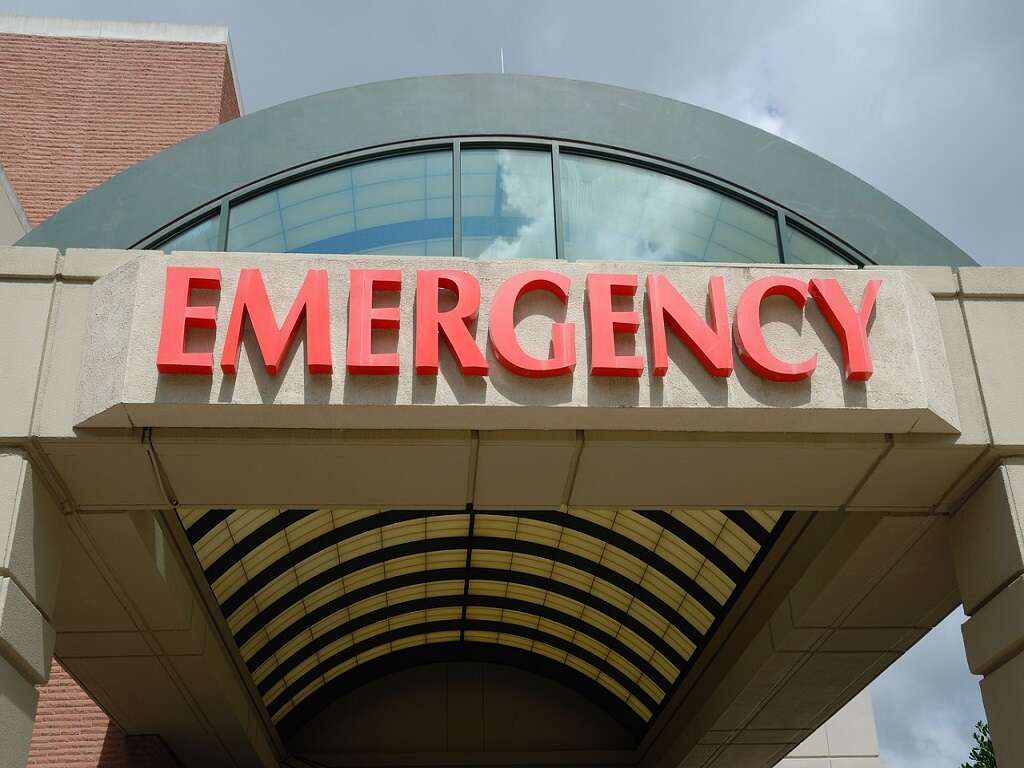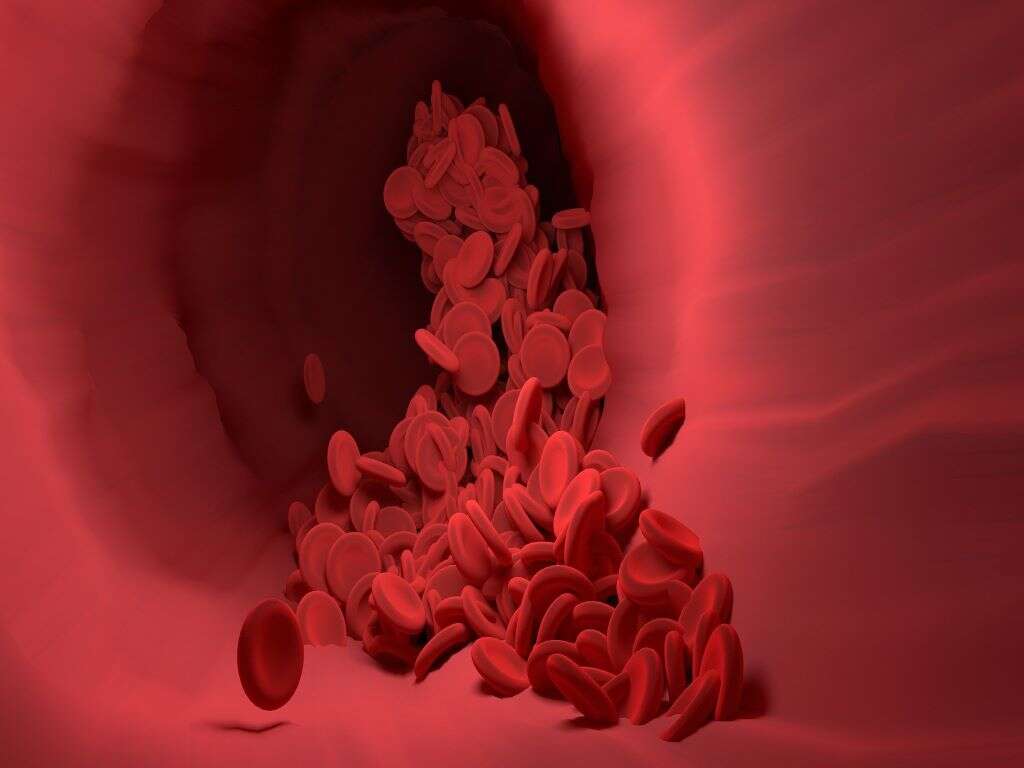10 Neutropenic Precautions
Our immune system boasts an impressive array of defenses against infection and disease. Whenever a harmful bacteria or virus gets into our bodies, our defenses spring into action and set about combating the threat. It is alert to threats 24/7 and is effective against a huge number of potential dangers.
At the heart of this defense system are neutrophils, a type of white blood cell that helps combat bacteria directly. Some people do not produce enough of these white blood cells, meaning that their immune system is not able to fight disease as well as other people can. This is a condition known as neutropenia and people that have this condition need to be extra careful to prevent infections from bacteria.
Neutropenic Precaution #1: Brush Regularly
As we eat throughout the day, our teeth become coated with all sorts of substances that bacteria will thrive on. Teeth that are not kept clean will become covered in plaque, which is a haven for the bacteria causing tooth decay. Brushing regularly will help prevent the buildup of plaque, protecting the teeth against decay.
If you are neutropenic, regular brushing has other benefits in addition to saving your teeth. Regular brushing will help reduce bacteria in the mouth and not just bacteria found in plaque. With fewer bacteria in the mouth, there’s a lower chance of cuts and scratches in the mouth becoming infected.

Neutropenic Precaution #2: Avoid Keeping Pets
Whether it is man’s best friend, a cat or something else, it’s great to have a pet around the home. They make for excellent companions, can keep us entertained and can act as sentries or do other useful jobs around the home. They do need to be taken care of, though, and pet owners need to clean up after them.
Pet stools and urine can be a source of plenty of potentially harmful bacteria. Even ‘cleaner’ pets such as fish and birds will still need to have their habitats cleaned from time to time and, again, there can be a lot of bacteria present. If you are neutropenic and you do have pets, try to have somebody else do the cleaning for you where possible.

Neutropenic Precaution #3: Prevent Constipation
Passing stools is hardly a pleasant experience but it does usually go quite smoothly. Our movements will usually pass with little problem and after a quick clean up, we can go back to what we were doing. It doesn’t always go as smoothly as it should, though, and constipation is a real problem for some.
Constipation causes stools to remain inside for longer and during this time they can grow larger and become harder. This causes problems when it eventually comes to passing the stool and tears can occur in the rectum. This opens a wound where bacteria can get in, in an area where bacteria are plentiful.
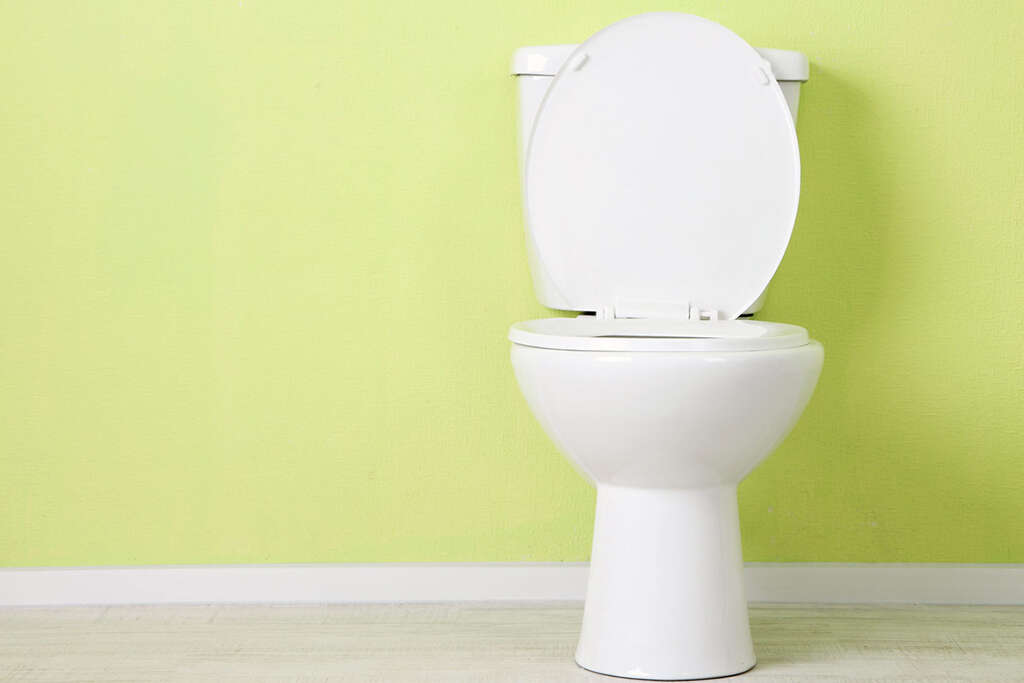
Neutropenic Precaution #4: Avoid Douches and Tampons
There are numerous feminine hygiene products available on the market that not only help maintain good hygiene but can also make you feel more comfortable. Some of the most common include tampons that help absorb blood flow, and douches that help with getting you thoroughly clean.
The vaginal wall, however, is very delicate, meaning that it can be easily torn. With this in mind, it is best to avoid using items such as douches and tampons as they could cause tears that will let in bacteria. While it may not always be practical to not use them, it is best for people with neutropenia to avoid them where possible.
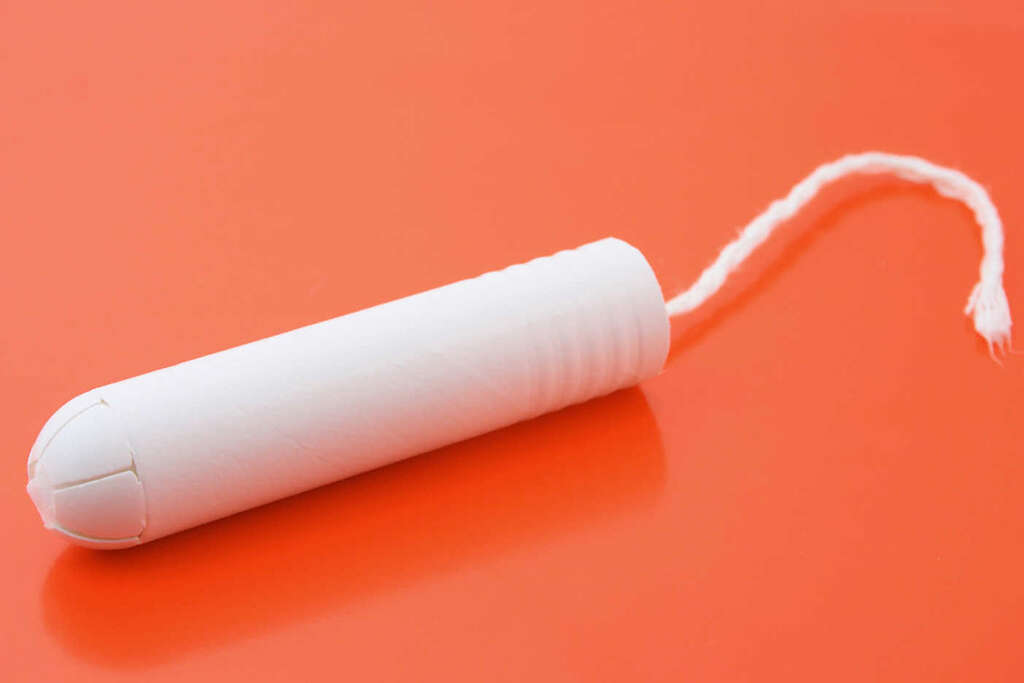
Neutropenic Precaution #5: Avoid Plants and Flowers
No garden is complete without some beautiful plants and flowers. They will also help to brighten up any home. It is quite common for people to keep plants and flowers around the home but it is important to use some caution. Some plants and flowers could be hosting a range of insects if not thoroughly checked. They could also be harboring harmful bacteria.
Soil, in particular, is an ideal breeding ground for bacteria, some of which could be quite dangerous to us. If you have neutropenia then the potential risk from these bacteria is heightened. It is a good idea to avoid soil and plants where possible.

Neutropenic Precaution #6: Avoid Standing Water
As essential as water is to us, it is not without its risks. Bacteria just love to breed in water, particularly when it is still, and it won’t take long for even a small pool of stagnant water to become full of bacteria and other pathogens. If this water comes into contact with an open wound or even ingested, then an infection could take hold.
This can mean areas around sinks and bathtubs where water has been able to collect and remain. Condensation can also collect, creating a small pool of bacteria-rich water. Plant pots and vases can also present a high risk.
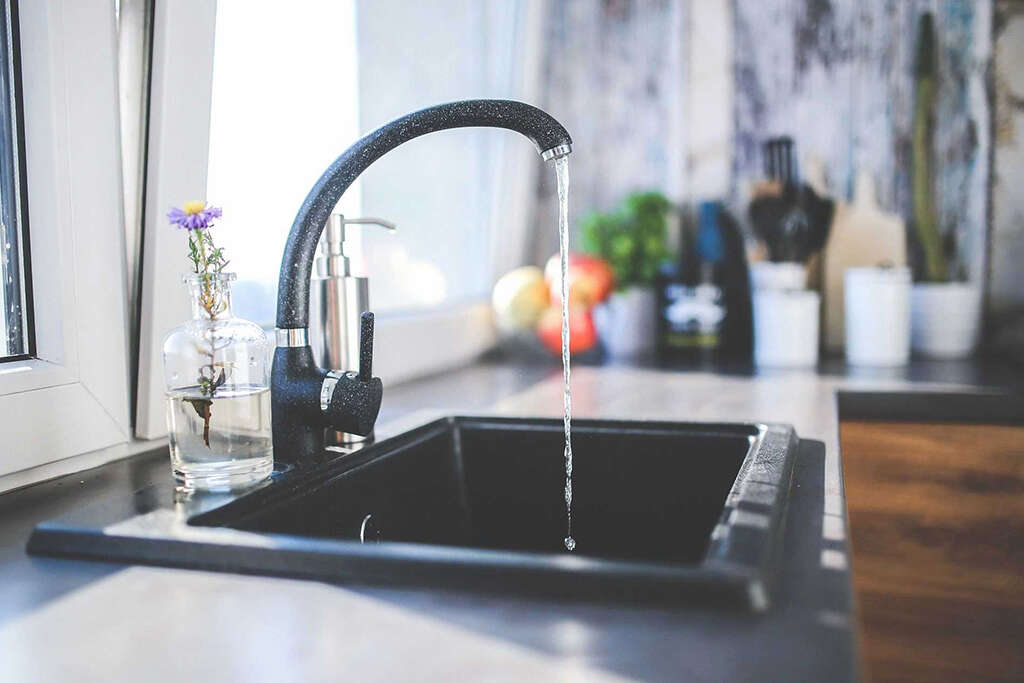
Neutropenic Precaution #7: Avoid Sharing
When living with other people, we will often tend to use the same items as others. This can include items such as cutlery, crockery, cups, mugs and even bath towels. For most of us, this is something that we give little thought to but for some people, it can present quite a risk.
A neutropenic person could develop an infection from the same bacteria that is relatively harmless to others. This means that you should avoid sharing any items whenever possible to help prevent the passing of bacteria. To help with this, you should purchase your own items that are distinct from everybody else’s and let them know that they are to be used by you only.
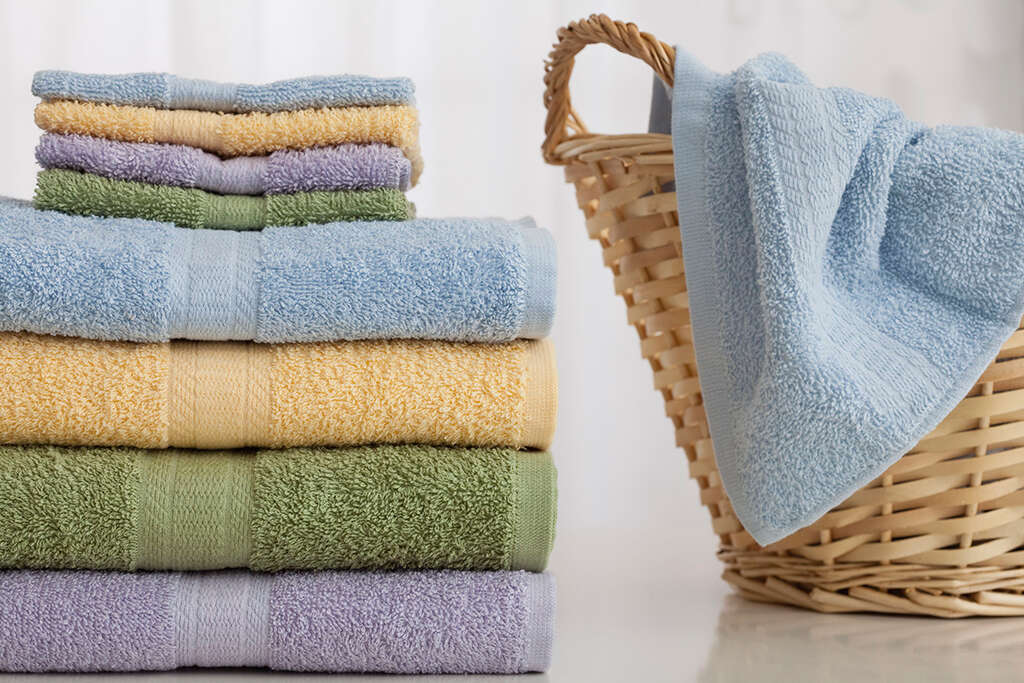
Neutropenic Precaution #8: Wash Often
At any one time, we will have millions of bacteria living on even a tiny patch of our skin. These usually present little threat to us as our skin provides an effective protective barrier, although even the smallest of wounds could allow them to get in. Even then, our immune system is usually effective at protecting us but a neutropenic person isn’t so fortunate.
While we cannot, and probably should not, eliminate all bacteria, we should at least try to limit how many of them we have on our skin. This can be helped by washing regularly, particularly your hands as they are likely to come into contact with bacteria-laden objects.
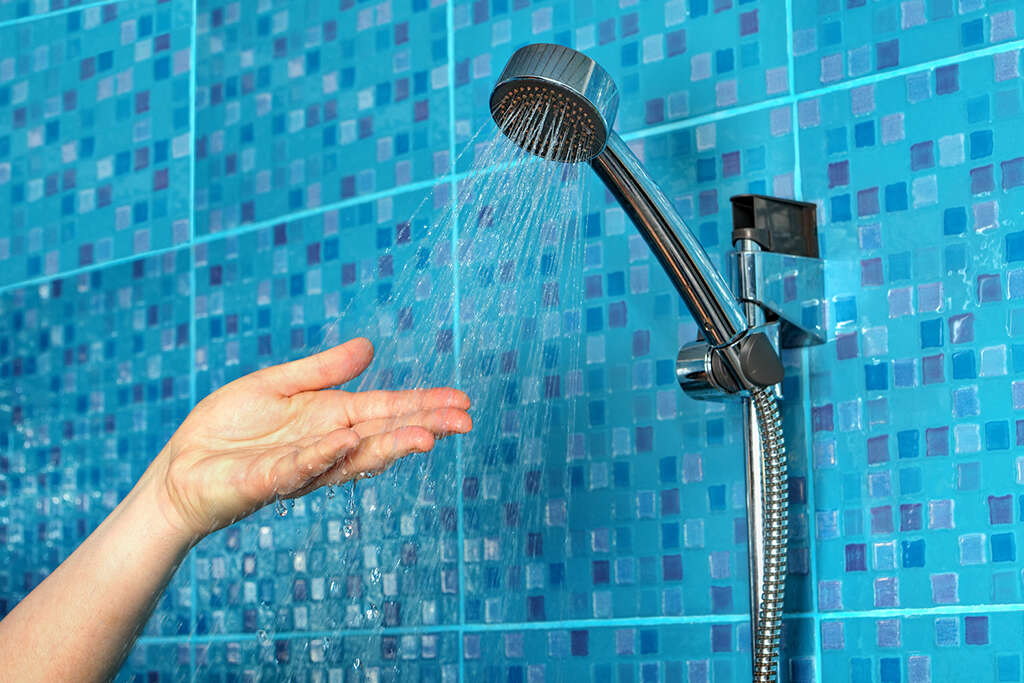
Neutropenic Precaution #9: Eat Well
One key to fighting off disease is to give the immune system all it needs to fight off bacteria and other pathogens. Although the immune system of somebody with neutropenia is not as strong as that of other people, they can still help themselves by supporting their natural defenses as much as they can.
Vitamins are well known to bolster the immune system, so you should be eating plenty of fruits and vegetables. In addition, protein will help your body to heal as quickly as possible while plenty of calories will give your body the energy it needs to fight back.

Neutropenic Precaution #10: Maintain High Food Hygiene Standards
It is very difficult to completely prevent bacteria from getting into our food. Usually, these bacteria will be dealt with by our immune system once ingested, meaning we can eat safely with little concern about picking up infections for our meal. People with a weakened immune system, however, will need to be more careful.
Make sure that all food is thoroughly cooked before eating to help ensure all bacteria are killed. Also, be careful of cross-contamination and make sure any surfaces used to prepare food are thoroughly cleaned. While those with a weak immune system are particularly at risk, none of us are completely safe so anybody should maintain high food hygiene standards at all times.




